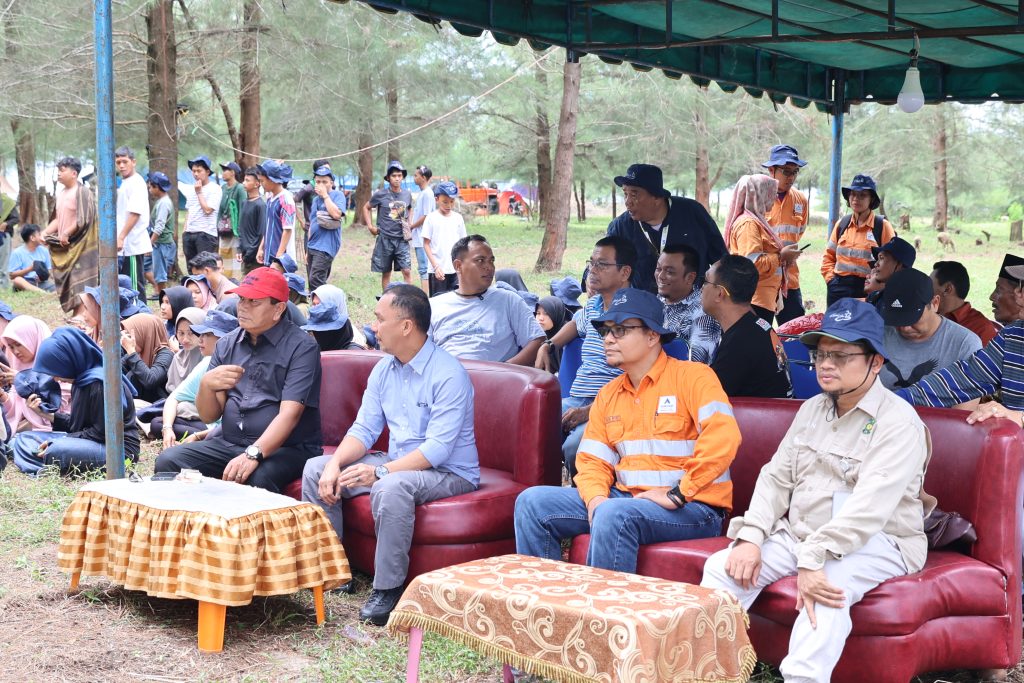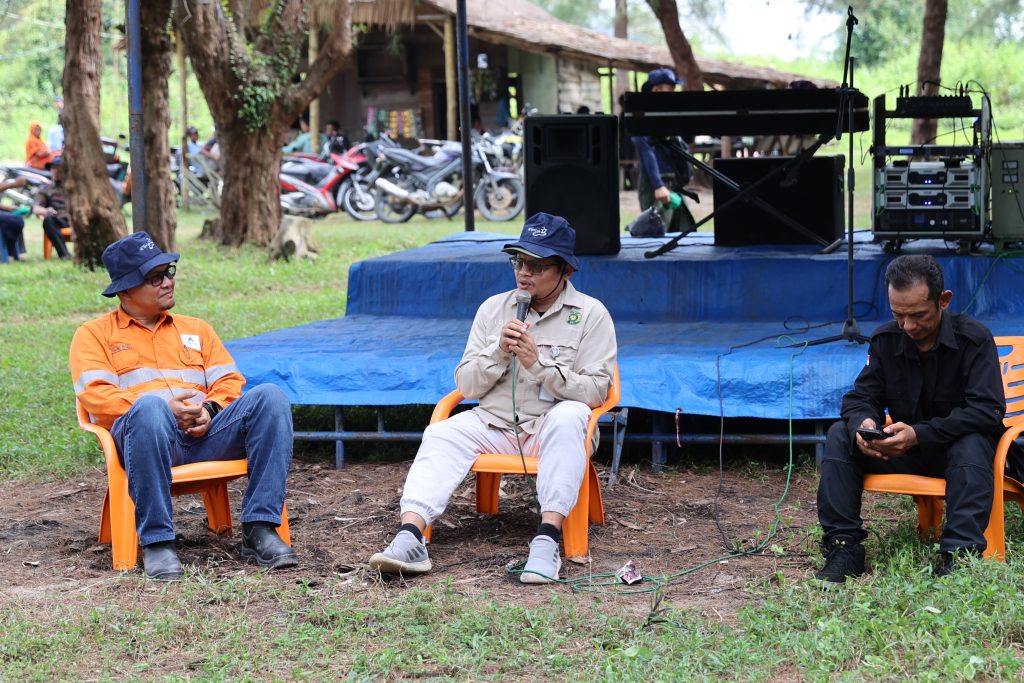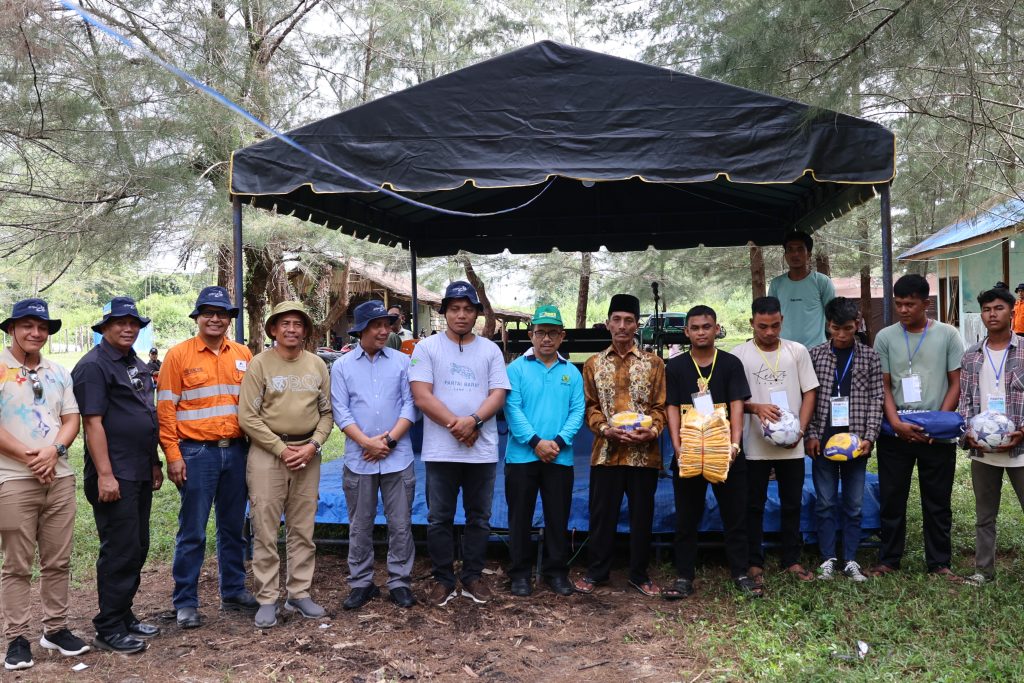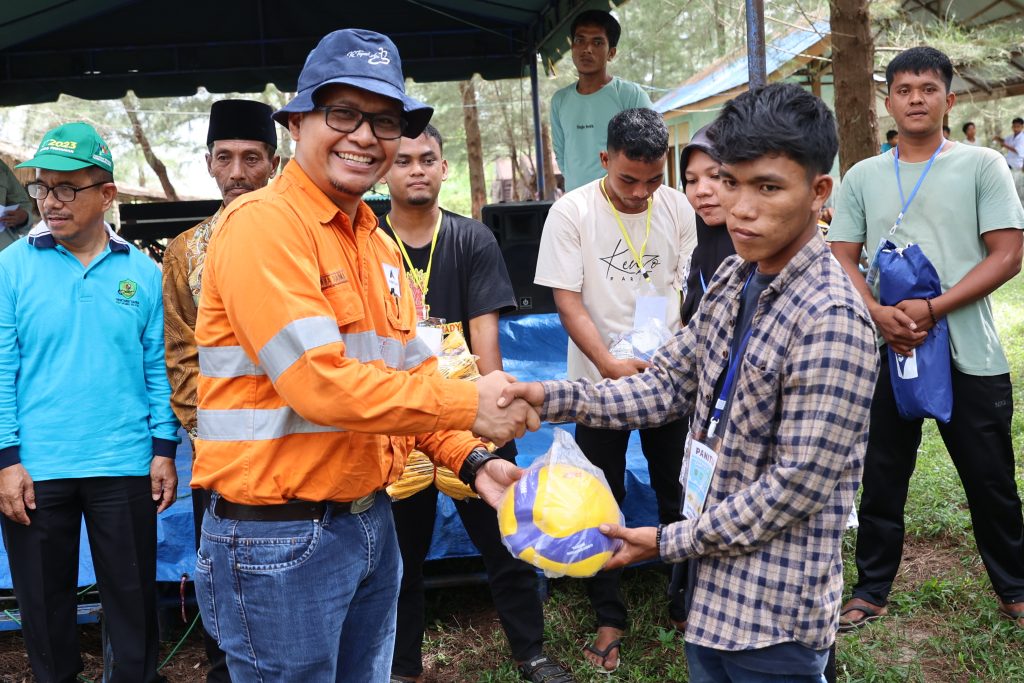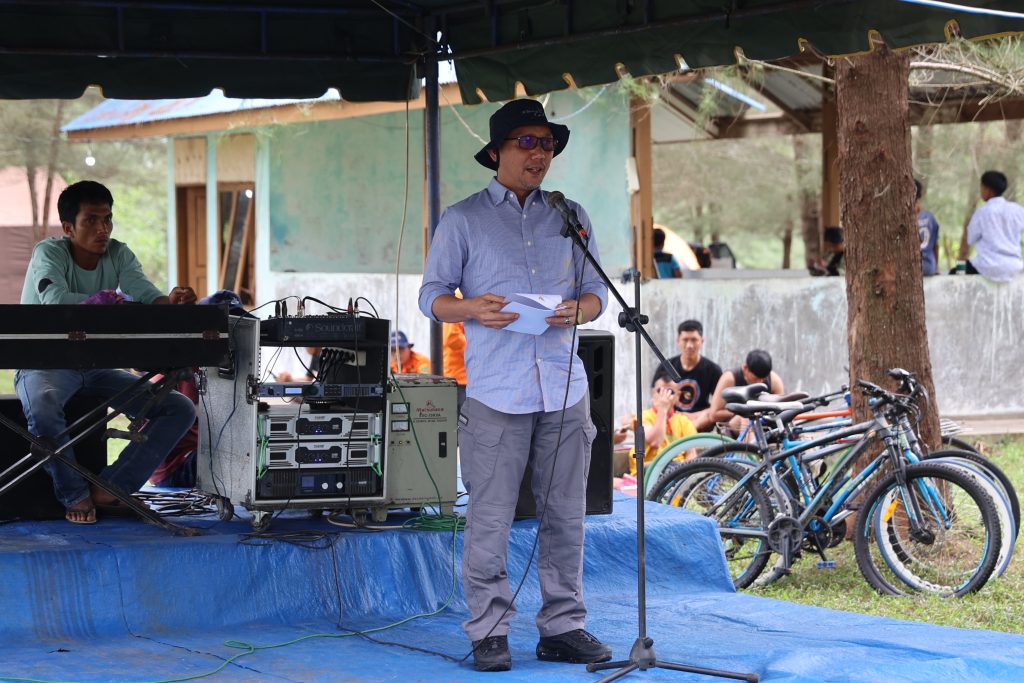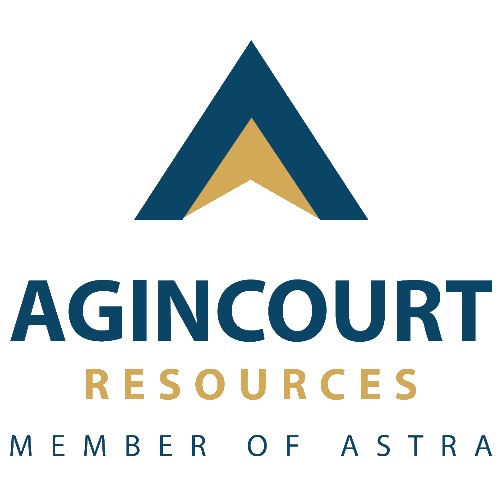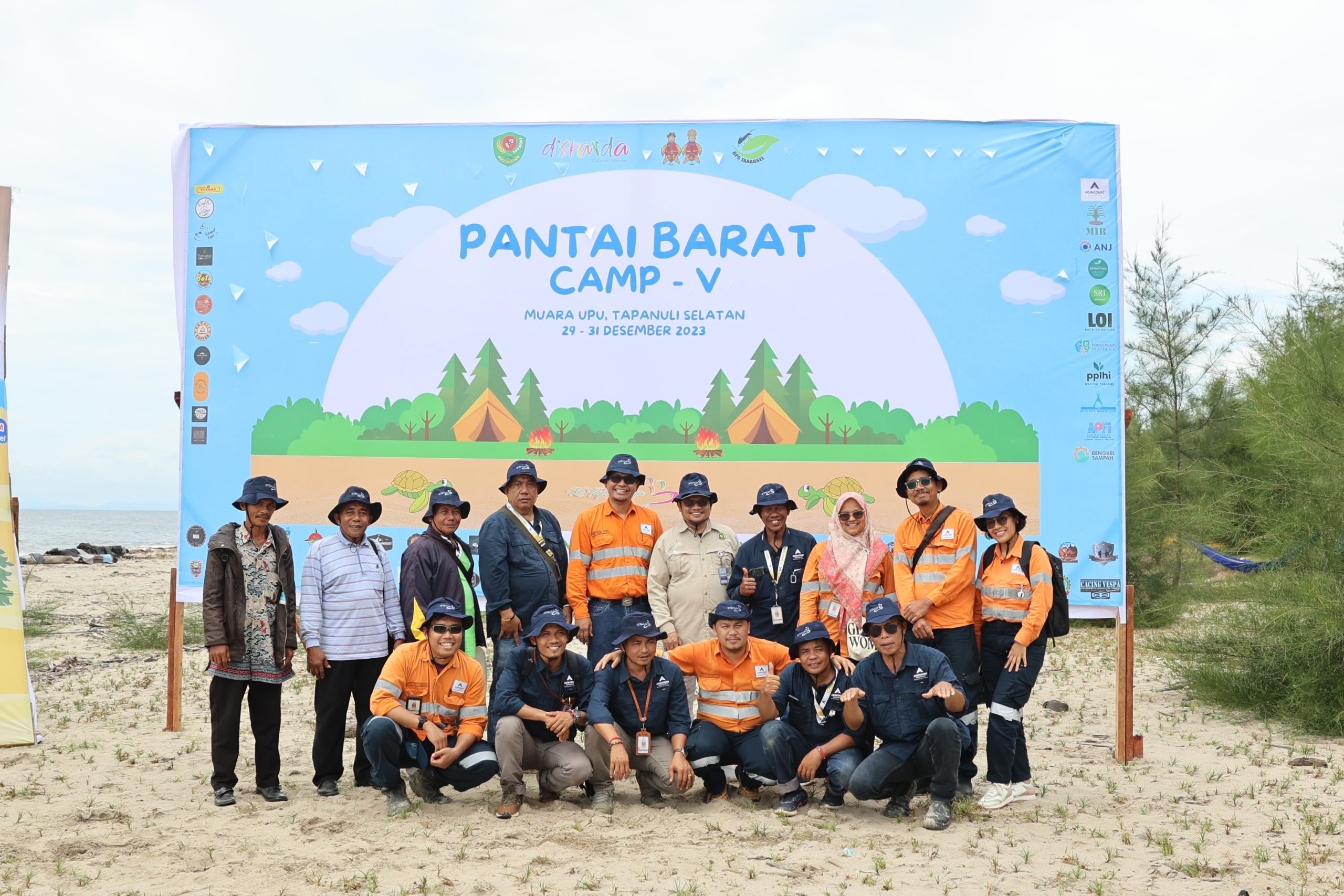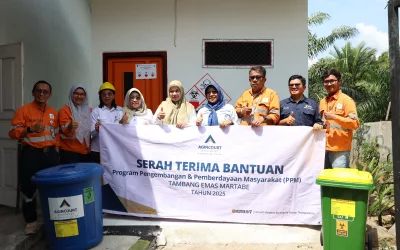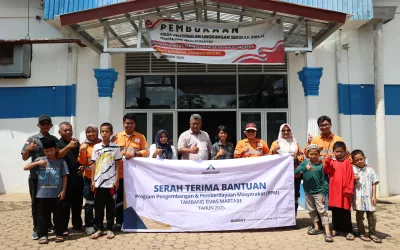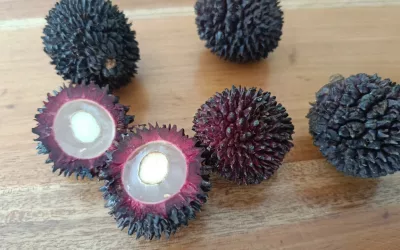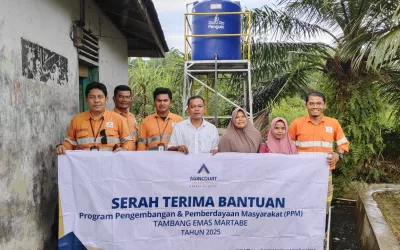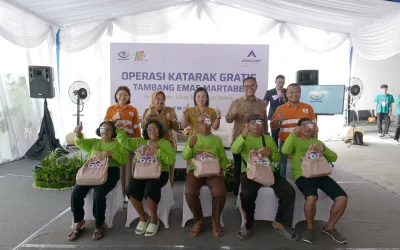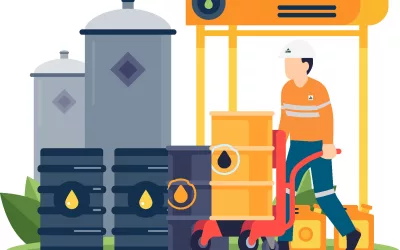Turtles play a pivotal role in upholding the equilibrium of marine ecosystems, serving as indispensable components within the coastal and marine food chains. Their significant contributions include safeguarding coral reefs, protecting seagrass beds, and disseminating vital natural nutrients essential for the well-being of plankton.
Globally, there are a total of seven turtle species, with six of them thriving in the waters of Indonesia: the green turtle(Chelonia mydas), hawksbill turtle (Eretmochelys imbricata), olive ridley turtle (Lepidochelys olivacea), flatback turtle (Natator depressus), leatherback turtle (Dermochelys coriacea), and loggerhead turtle (Caretta caretta).
Regrettably, certain turtle species find themselves in vulnerable or endangered states due to various threats. These threats encompass pollution and oil spills, the proliferation of plastic bags and waste, illegal trade, escalating temperatures from global warming, coastal development-induced habitat destruction, natural predation, and entanglement in fishing nets.
Dr. Onrizal, a lecturer and researcher specializing in Tropical Forest Ecology and Biodiversity Conservation at the University of North Sumatra (USU) and a member of the Biodiversity Advisory Panel (BAP) of Agincourt Resources, shared these concerns during an open seminar for the West Coast Program Camp V on December 30th at Muara Opu Beach, Muara Batangtoru.
Additionally, data from turtle conservation activists at the Coastal and Marine Resources Management Center (BPSLPL) Padang, under the Directorate General of Marine Spatial Management, Ministry of Maritime Affairs and Fisheries, highlights three turtle nesting sites in North Sumatra: Pasar Sorkam Binasi Tapanuli Tengah Beach, Labuhan Angin Tapanuli Tengah, and the West Coast, Muara Opu, Tapanuli Selatan. Onrizal emphasized that Muara Opu, with its line of pine trees along the shore, acts as a natural barrier, safeguarding the coastline from erosion.
Agincourt Resources, as a mining company deeply committed to sustainability, wholeheartedly supports turtle conservation initiatives on Muara Opu Beach. Deputy General Manager Operations at Agincourt Resources,Wira Dharma Putra, expressed, “Furthermore, this beach boasts pristine, white sand. The area remains untouched, making it an ideal nesting and laying ground for turtles. We pledge our support to conservation partners in developing turtle conservation facilities and infrastructure, envisioning it as a potential tourist destination in the future.”
